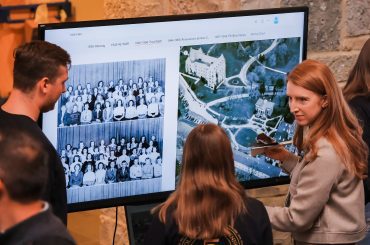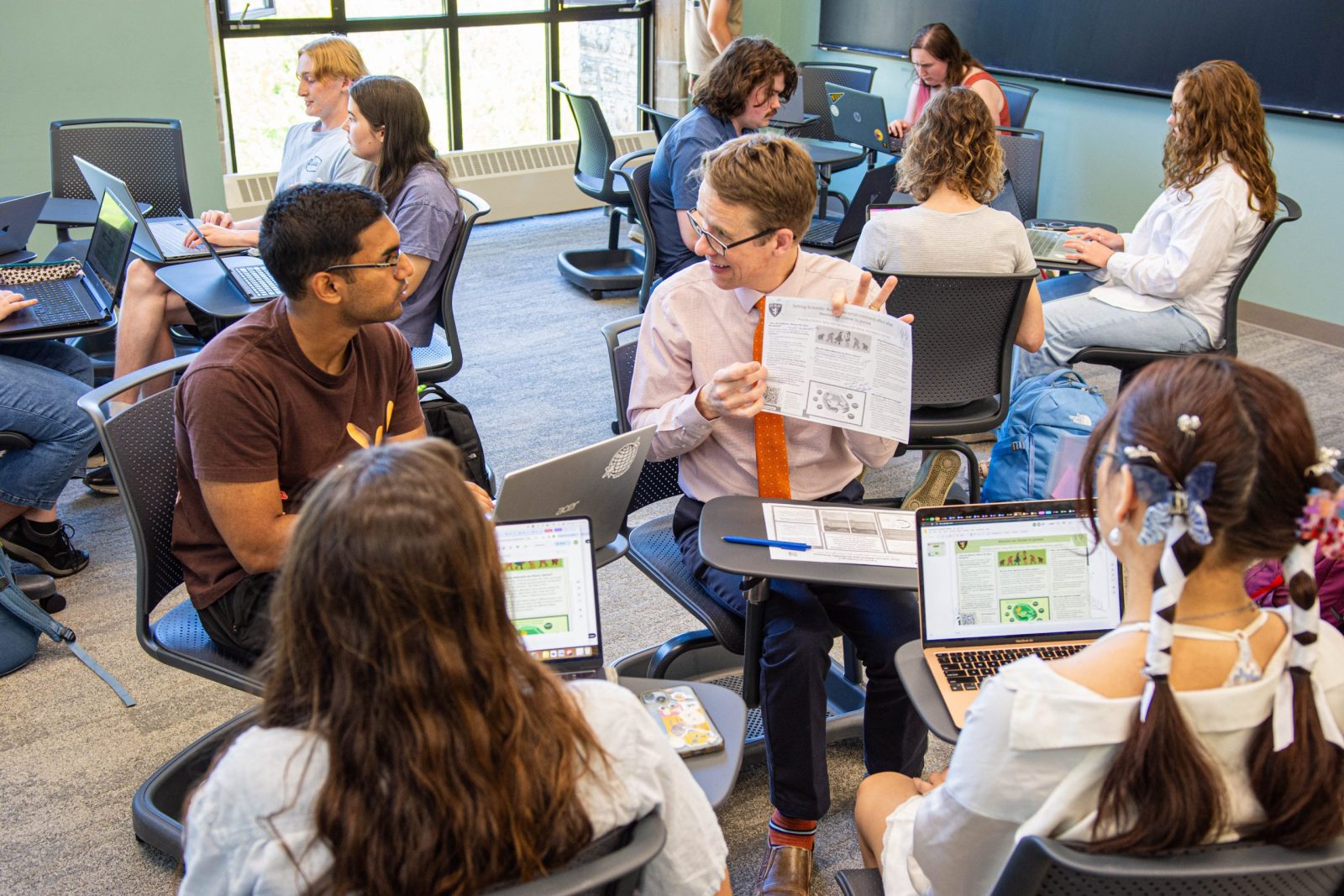To engage in philosophy is to ask questions about human existence and what matters. What can we know? How should we live? Is a good life even possible? What can we hope for? What does social justice require? Are we responsible for what we do? Are we condemned to be free? Does God exist? How about objective moral values? How are scientific or political claims justified? We seek to address these and related questions in a disciplined and open-minded way.
Whether you’re curious about the limits of knowledge, or you’re a future physician concerned about the ethics of bioenhancement, our department has something to offer you. Some students combine our major with another one; others are purists. Even one course could change your life forever, illuminating the world and your place in it.
The Hong Kierkegaard Library
Beyond Holland Hall, the Philosophy department has a unique second home for philosophy majors and philosophy-interested students: The Kierkegaard Library in Steensland Hall. A world-renowned research center visited by dozens of Kierkegaard scholars annually, the Kierkegaard Library also offers St. Olaf students academic events, research and employment opportunities, and a welcoming study environment. Visit the Kierkegaard Library to learn more about the Kierkegaard & Existentialism Track, The Reed – an Undergraduate Journal of Existentialism, CURI opportunities, student employment, and more.
In the news
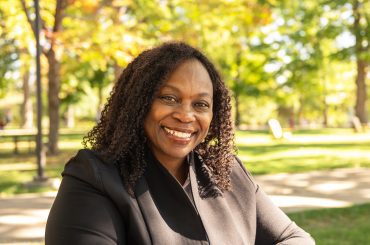
On a Mission: A Q&A with Tarshia Stanley
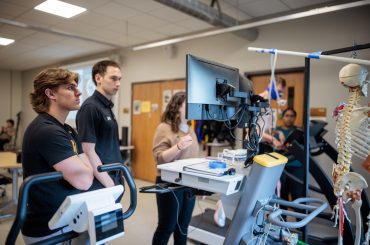
Oles in the News: Student research featured in Women’s Health
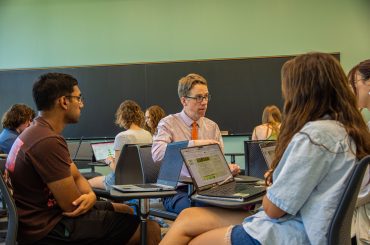
The Princeton Review ranks St. Olaf in the Top 10 for best classroom experience, science lab facilities
